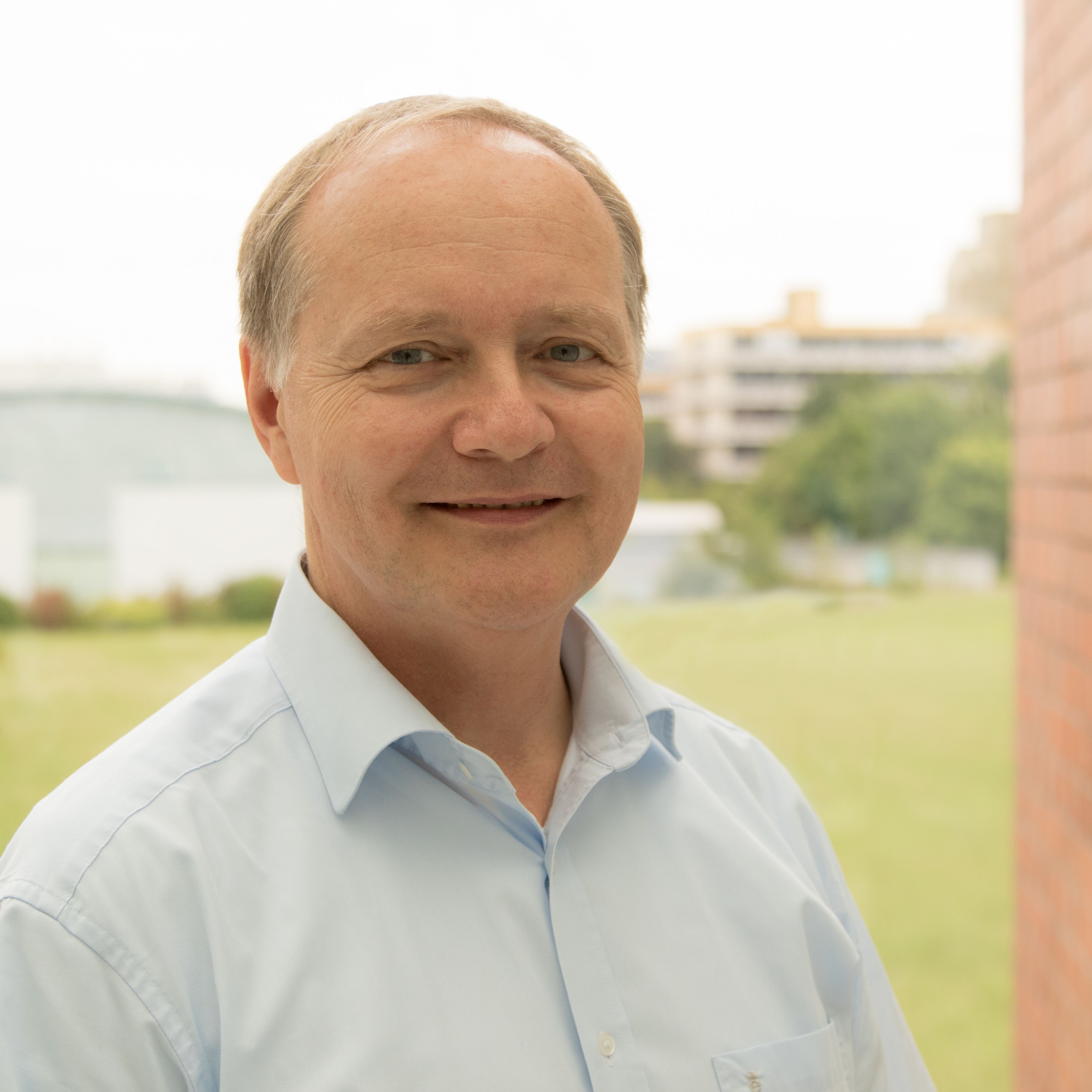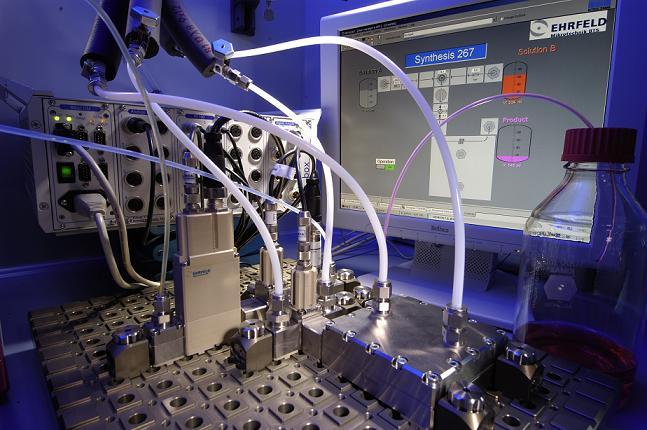

 Favorite (4)
Favorite (4)
In February, I was a visitor to the conference of one of our network partners, the supporting association of the hydrogen and fuel cell center ZBT in Duisburg, Germany. On-site, the latest results of the development of alternative hydrogen or hydrogen-based energy sources were presented and discussed.
Although great progress has been made in recent years, commercial implementation is still in its infancy. The use of hydrogen as energy storage and the use of fuel cells to generate electricity could make a significant contribution to climate protection and resource conservation!
As mentioned earlier, there are still those who deny the climate change caused by humans, although scientists can quite clearly outline the role of greenhouse gases.
But also for us, as "normal" citizens, the climate change has become clearly visible: island paradises are flooded by rising sea levels and finally disappear completely. Increasing average temperature above the oceans dramatically increases the number and strength of hurricanes and floods - with dramatic damage to the countries bordering the Gulf of Mexico or Southeast Asia. Even in "calm" Central Europe, we can increasingly experience extreme weather conditions. With more and more damages due to storms!
Those who do not care about climate change may be persuaded by another argument: The carbon-based energy sources oil, natural gas and coal are important raw material sources for the chemical industry. Almost all of our everyday commodities are plastics that are ultimately made from these raw materials.
Nature took millions of years to produce oil and coal. We are dismantling these materials in just a few decades to burn them in engines. This is an irresponsible waste of resources!
Sustainable management means not consuming more than can be restored in the same period. Unfortunately, we are very far away in terms of energy generation in particular. although there are already some promising solutions!
One of them is based on the use of hydrogen as an energy source and the direct generation of electrical energy using fuel cells.
The ZBT in Duisburg has become a leading institution in the development of hydrogen and fuel cell technologies in recent years. It works with both SMEs in the development of new components for energy technology as well as with large companies such as BMW in applications for the mobility of tomorrow.
Hydrogen can be easily obtained from water electrolytically. The best way to do this is with regenerative energy, for example from solar power. But surplus energy from our power generation systems can also be easily stored by generating hydrogen. The hydrogen thus generated can then be converted directly into electricity via a fuel cell, whereby only water is produced again. In this cycle, no resource is consumed and no waste generated.
For this purpose, hydrogen can be stored in tanks as well as transported through pipelines. The use in mobile devices, cars, trains or planes is also possible.
Of course, many components have to interact here: solar cells, electrolysis systems, hydrogen tanks, fuel cells or electric motors are still in need of optimization.
Nevertheless, we should have the courage to invest in these technologies - to protect the environment, the climate and the raw materials available on earth.
The fact that we at IVAM consider this topic to be enormously important is also reflected in the program of the next IVAM High-Tech Summit. The third session is about sustainability concepts.

We were able to win Hans-Josef Fell, politician (Alliance 90 / The Greens) and former member of the German Bundestag for a keynote speech. For his commitment to a resource-efficient energy policy, for example as President of the Energy Watch Group, Fell has been awarded the Order of Merit of the Federal Republic of Germany.
In his presentation on "Effective Climate Protection Needs for Emission-Free Circular Economy with 100% Renewable Energies" he will present concepts for a waste-free and resource-saving economy.
Jens Wartmann from the ZBT will use the example of applications in shipping to show how CO2-free energy supply can work.
As well as the effective generation and storage of energy, the efficient use of energy is essential for sustainable production. Dr. Carmine Raffa from Ehrfeld Mikrotechnik shows how microtechnical reactors can make production in the chemical industry more effective, safer and more sustainable.

The basics are laid. However, the framework conditions for the commercialization of alternative and sustainable energy concepts are still poor.
As long as energy from the burning of fossil fuels is cheaper than the production of solar power, it will be difficult to invest in new energy systems. Unfortunately, the costs of environmental and health damage as well as the depletion of our raw materials are not included in the costs of using fossil fuels. A CO2 tax, as demanded by many environmental organizations, could provide more equity and make the transition to alternative energy sources more interesting.
We want to discuss these topics at our High-Tech Summit. You are cordially invited to talk with us about the challenges that lie ahead.